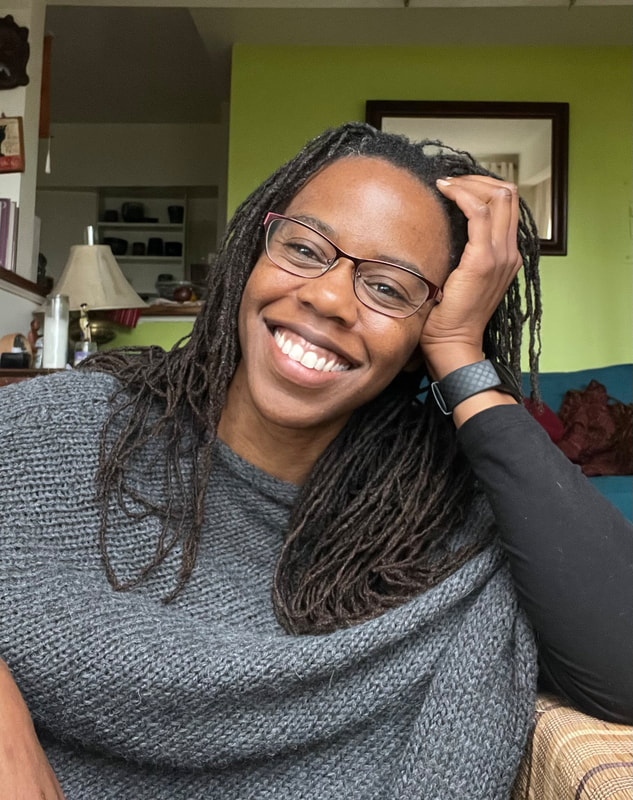 Manny Mansbach Manny Mansbach By Manny Mansbach, IPV Teacher Ajahn Chah’s term, The One Who Knows, refers to an innate knowing in us. Sometimes people use the term “Buddha Nature” to speak to this understanding that we’ve always had that knows about life. This quality of awareness can be a profound refuge, especially when we are able to clarify it and take that quality as the vantage point through which experience is known. One truly wonderful thing about it is this knowing is not something we have to acquire, but is an already an existing quality of our true nature! Learning to rest in The One Who Knows is not a self-improvement project, but coming to know in accordance with the truth. As we come home to this knowing, our lives can settle and clarify. Ajahn Amaro speaks about it this way: “Training the heart to rest in that quality of awareness, to be that very knowing, that space that receives and knows the world without confusion, that holds the whole world and all of its beauty and ugliness and ordinariness, and all its arising and ceasing. And the more that we are able to abide with this quality of knowing—be the one who knows—then we find a quality of integration, a quality of peacefulness.” In this class we will keep bringing kind awareness over and over to what we are doing, encouraging a simplicity and clarity of heart and mind that facilitates a shift of identity from thought-structure identification into the spacious experience of the present moment. Join us for The One Who Knows: The Wisdom Teachings of Ajahn Chah, 5 Mondays, October 7 - November 4; 7:15 - 8:45pm
0 Comments
 Sometimes lessons in impermanence come in small packages like the gradual turning of leaves from summer green to autumn yellow and red. And sometimes it's a major shift that might take some skillful practice to get used to. You may remember that last spring Rebecca Bradshaw, our long-time Guiding Teacher, announced her retirement from that role. We are blessed that she will continue to teach at IPV as our Guiding Teacher Emeritus. We'll start with a short sitting followed by a celebratory gathering, appreciating Rebecca's role of leadership at IPV. If you would like a minute or two to offer a comment or share a short poem or song, please contact Joyce. Join us to celebrate this exciting transition for the Sangha and to appreciate the many gifts Rebecca has given the sangha over the years. We're also looking for people to help plan and host the evening. Click below if you're interested. The Buddha identified 3 poisons as the cause of unhappiness: greed, hatred, and delusion. When acted upon individually and systemically they perpetuate unhappiness and suffering for ourselves, for each other, and in our world.
This evening we will investigate their nature and how their antidotes can be cultivated and nourished leading to peace and happiness of the mind and heart. Included will be sitting meditation, a Dharma Talk, and time for discussion. It Ain’t Perfect, Permanent, or Personal: Transforming reactivity through the power of patience9/12/2019 By Dawn Scott, Guest Teacher
Ruth King’s re-framing of the three characteristics — the truth of suffering, the truth of impermanence, and the truth of not-self — as not perfect, not permanent, and not personal is pithy and powerful. With the support of Patience, one of the Ten Paramis, we’ll explore the ways that patience can guide the heart into transforming reactivity into a tender and gradual acceptance of life's imperfection, impermanence, and impersonal nature.
|
AuthorsBlog posts are written by various IPV and guest teachers. Biographies can be found on the Teachers page. Archives
July 2020
Categories
All
|

 RSS Feed
RSS Feed